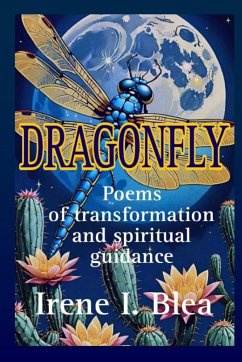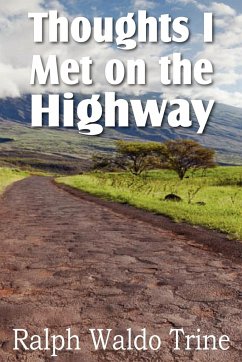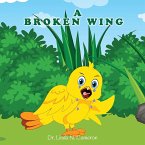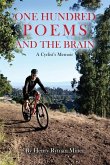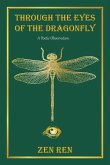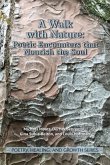On January 1, 2024, I opened my eyes and asked into the crispness of my bedroom if I would die that year. I have been obsessed with my death for decades and wrote about it in my autobiography, Erené with Wolf Medicine. The room responded with, "I don't know." I decided to rise and make some coffee for I would soon be seventy-seven years old, had outlived most of my friends, and several seniors of my extended family. I, along with two cousins, were now the elders. We were born and nurtured by a large mountain family in northern New Mexico. We moved when we lost the land to the grassland on that ambiguous place where the Great American Plain meets the Rocky Mountains. The 1950's drought nearly wiped us out. We were severely damaged when my father left for three months to find work. I missed him profoundly. He returned and we moved again. This time to the steel producing town of Pueblo, Colorado. In the 1970s while conducting research for my Ph.D. dissertation, Bessemer: A Sociological Perspective of a Chicano Barrio, I was contacted by a young man named Bill Lazo, equally as young as me, who invited me to meet with other poets to read our work. I had written poetry for ten years and continued to write until this day.I do not want to die at home on a sweltering summer afternoon when everyone is working and not be found for a week bloated and smelling on the bathroom or kitchen floor. If I must leave this world, it should be after viewing the golden firefly that visited me in my yard each year one more time. I am not okay living to a hundred, but do not want to die before I inform you that throughout my life, I wrote much poetry and that I was one of few women at the forefront of Chicano literature. This type of poetry was an important literary movement. Chicano and Chicana poetry was rooted in resistance to class discrimination, racism, and sexism. Early poets of the time created a genre that added to American literature another category. We had unique philosophical, topical, and aesthetic features different from the divisions of genres of the time. This literary movement provided language for comparing, contrasting, and discussing literary words and works, and served as an introduction to the formation of curricula and anthologies. In this collection of fifty years of her poetry, Dr. Irene I. Blea brazenly relates her efforts to understand what she thought was wrong with her. She came to an understanding of social and historical factors that misinformed her colonized mind. Decolonization demanded evaluating her mind, body, and spirit and how she fed into it. She portrays decolonization as a complex process involving the rejection or redefinition of the colonizer's language, embracing her own tri-cultural history, and commitment to ongoing learning and growth. This is a lifelong process that requires dedication and struggle to create a more just and equitable world and the author shares her transformation from the prescription of traditional female roles riddled by confusion and conflict to one of peace, under standing, and redefinition. This was a physical, psychological, and spiritual process that brought her to the understanding of what it means to be a female human in a sometimes hostile world.
